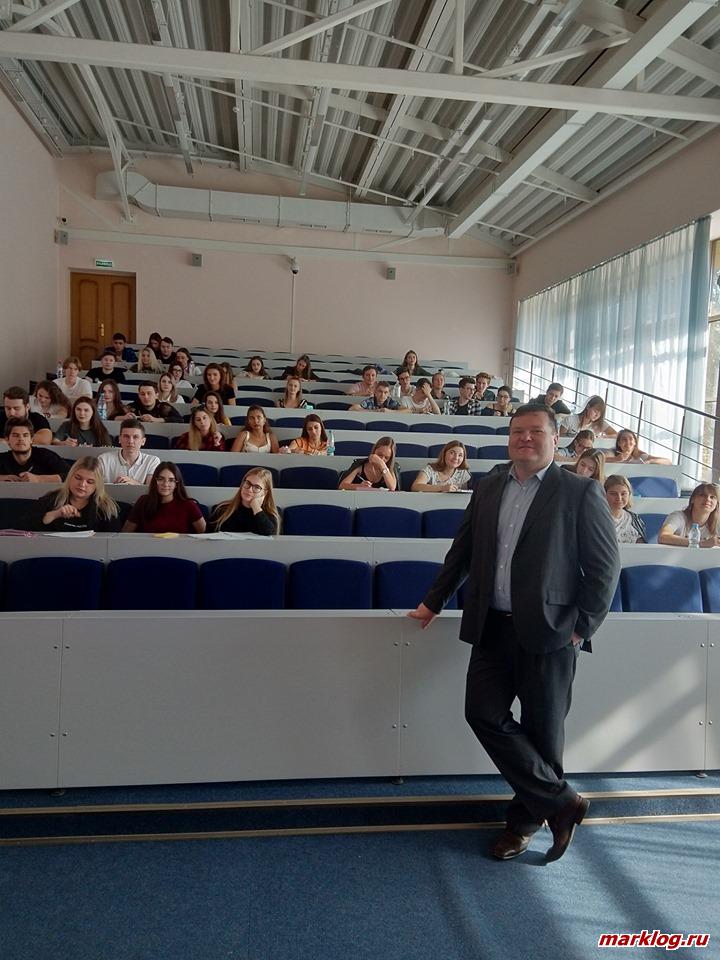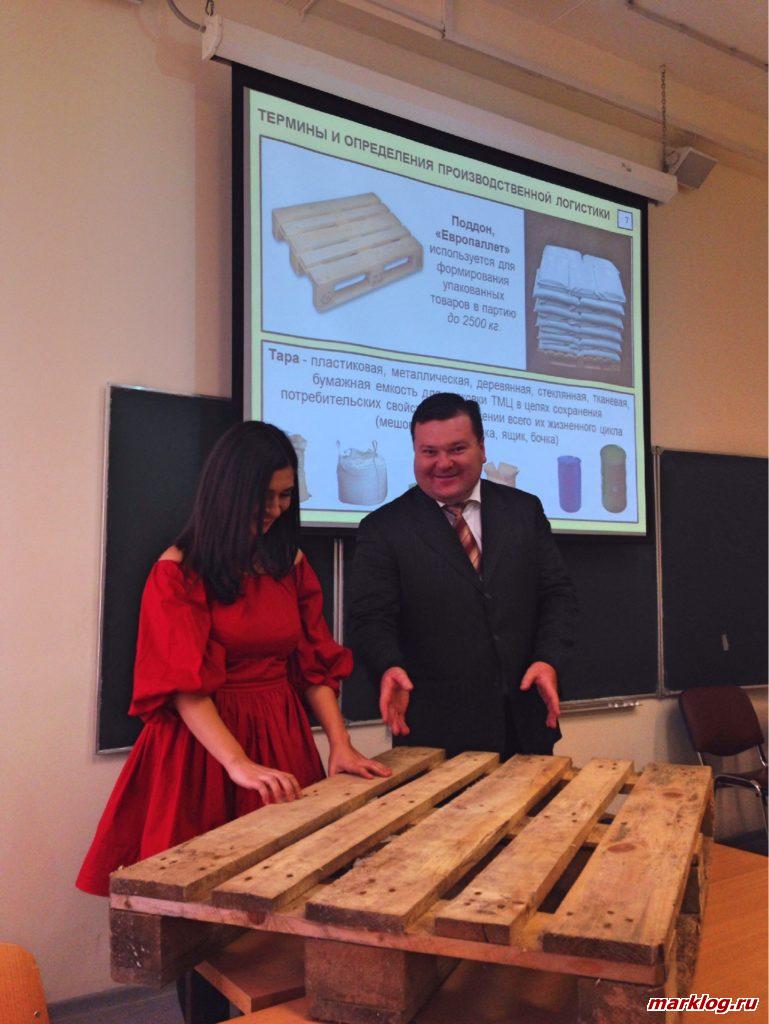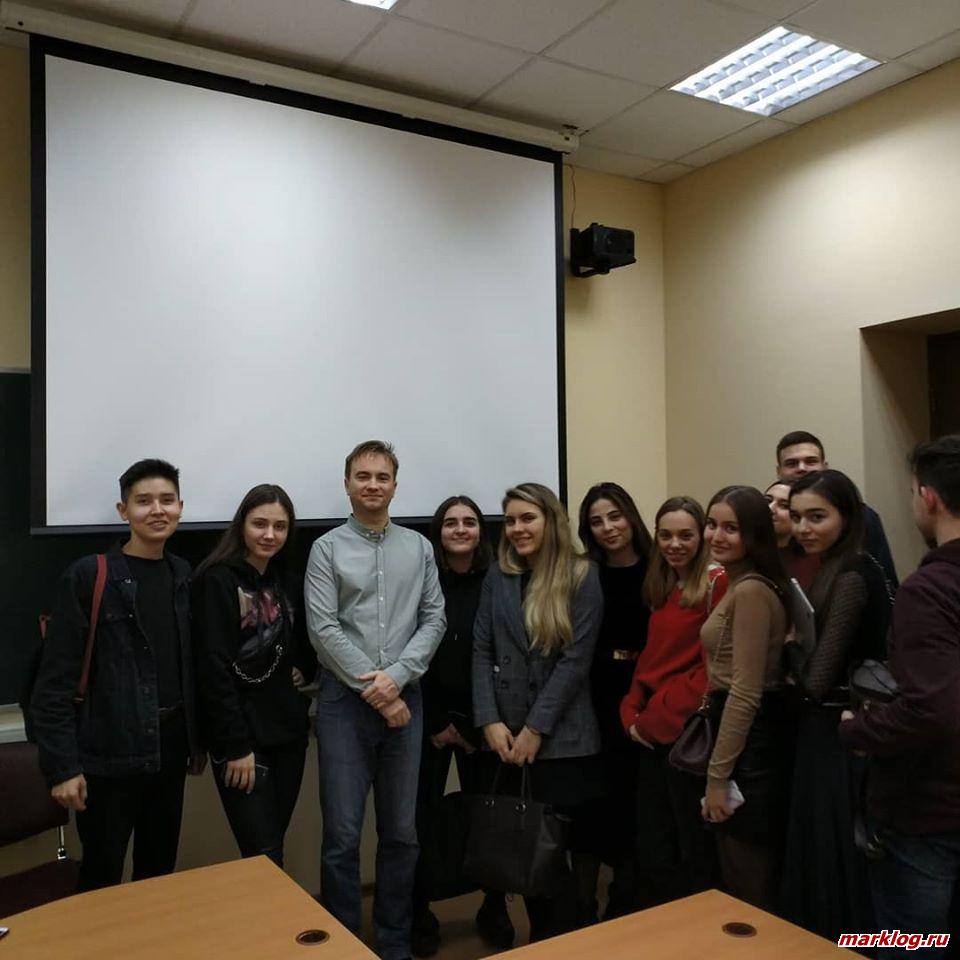Экспертный комментарий Члена Редсовета В. Л. Ерохина изданию Key West University
Член редакционного совета научно-практического журнала «Маркетинг и логистика» к.э.н. Ерохин Василий Леонидович дал комментарий Key West University по вопросам торговой войны США и Китая:
Tensions between China and the United States have escalated considerably over the past year, as a new round of tariffs on both countries’ exports came into effect in September 2019. We recently asked Adjunct Professor of Economics and KWU Advisory Board member, Dr. Vasily Erokhin, who has over 4 years of research and teaching experience in China, for his opinion on whom tariffs are hurting most.
According to Dr. Erokhin, “The U.S. excels at innovation, and is a global leader in information technology products and services. China, on the other end, has an abundant supply of cheap labor and a developed manufacturing sector. So, who does the trade war hurt the most? Surprisingly, not only the U.S. or China but other countries and the global economy in large. Major trade partners of both the U.S. and China, including the EU, Canada, Mexico, Brazil, and Russia, among others, are suffering from tariff vulnerability, the increasing unpredictability of trade and financial markets, and expected slowdown in the economies of the two global powers.
The trade war is also hurting small business owners and farmers in the U.S.. They rely on buying products from China at a specific price, and go into the red when the price increases due to tariffs. Some U.S. government officials and media outlets often state that tariffs are paid by China.
They are not, because consumers and businesses that import goods actually pay the cost. Farmers’ income in the U.S. fell by over $12 billion in the first half of 2019, well before the new round of tariff escalation this September. Farmers in Illinois, Indiana, and Wisconsin have the highest rate of bankruptcies level in the last decade.
The problem with a trade war is that it may easily emerge into an economic war between the global superpowers and subsequently change global supply chains. In light of a new pack of tariff measures, many companies in China, the U.S., and other countries are forced to modify their production, distribution, and commercial activities. Together, China and the U.S. are the world’s biggest producers, suppliers, consumers, and value generators. An aggravation of trade tensions between them will, in the short-run, create turmoil in global markets, while in the long run, decelerate economic growth and lead to a decline in the global economy”.
Are you interested in learning more about international trade and economics? KWU is now accepting applications for the Bachelor of Science in Economics degree program. Apply today at: www.kwu.org












